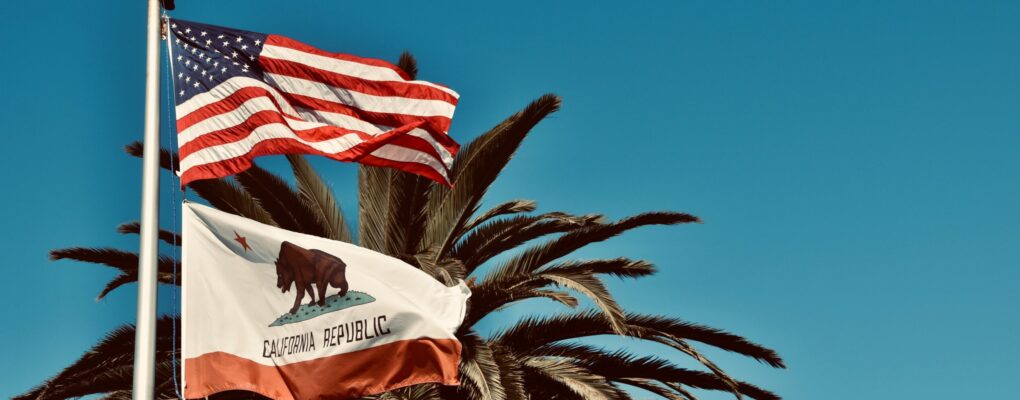
U.S. Donor Conceived Council (USDCC) is proud to support the California State Legislature’s passage of AB 1896, which will require gamete banks licensed in the state to provide and discuss written educational materials with prospective donors and intended recipients beginning in 2024. Passed with overwhelming support on August 31, 2022, the bill now heads to Governor Gavin Newsom’s desk for his signature.
USDCC worked with many other stakeholders, including RESOLVE and national LGBTQIA+ advocacy groups, for several months to provide feedback and suggest amendments to California AB 1896. The law codifies educational requirements similar to those included in Colorado SB 22-224, enacted earlier this year. AB 1896 not only builds upon those requirements but also incorporates groundbreaking legislative findings that recognize the unique challenges faced by donor conceived people (DCP).
Under AB 1896, gamete banks will be required to provide intended recipients with written educational materials that explain the importance of, among other things, early disclosure to DCP, potential DCP desire to identity the donor and any donor conceived siblings, the limitations of donor health screenings, and whether the bank has a family limit policy. Banks will also be required to provide written educational materials to prospective donors that include, but are not limited to, whether the bank has a family limit policy, and the emotional and social impacts of donating gametes. Additionally, gamete banks will be required to discuss the written materials with donors.
In its legislative findings, AB 1896 officially recognizes the realities that donor health information can impact the medical care received by DCP; that many DCP want to identify the donor; that donation can result in large numbers of related offspring, which can cause psychosocial harm not only to DCP but donors as well; and that early disclosure of a person’s donor conception is beneficial. Given that California is home to more national and international gamete banks than anywhere else in the United States, the importance of the new requirements and legislative findings cannot be overstated.
“This is a promising first step toward protecting the interests and needs of donor conceived people, but in a state that is home to the country’s largest sperm banks, more must be done in the future to continue this progress,” says Jillian Phillips, USDCC vice president of government affairs.
AB 1896 was introduced by Assemblymember Dr. Bill Quirk in February 2022 and cosponsored by Senator Dr. Richard Pan. At a health committee hearing in June, Assemblymember Quirk shared that he has two grandchildren through donor conception. He continued by expressing his belief that AB 1896 “is an opportunity to start educating recipient parents of sperm and egg donation about the psychological, social, and genetic burdens faced by many donor conceived people” in addition to providing education for “sperm and egg donors so they can understand the full implications of their donations.”
Similarly, Senator Pan said that people need to understand the consequences of direct-to-consumer genetic testing “when they decide to have a donor conceived child so that we can get the best outcome” for donor conceived people and their families.
USDCC’s president, Erin Jackson, testified in favor of the bill before the health committee. You can listen to her testimony, and the remarks of Assemblymember Quirk and Senator Pan, here.
Top image: Ttoolan, CC BY-SA 3.0, via Wikimedia Commons
